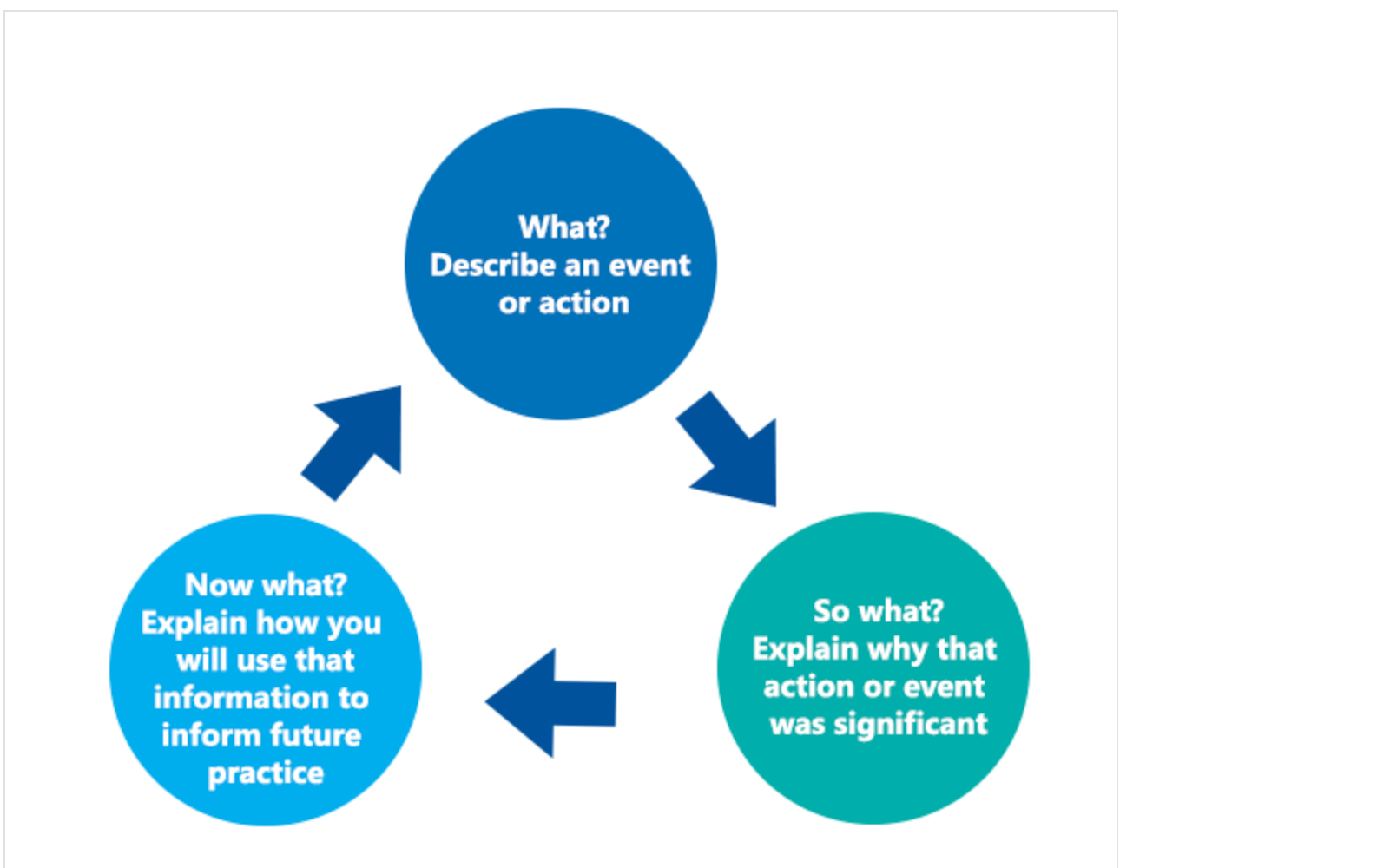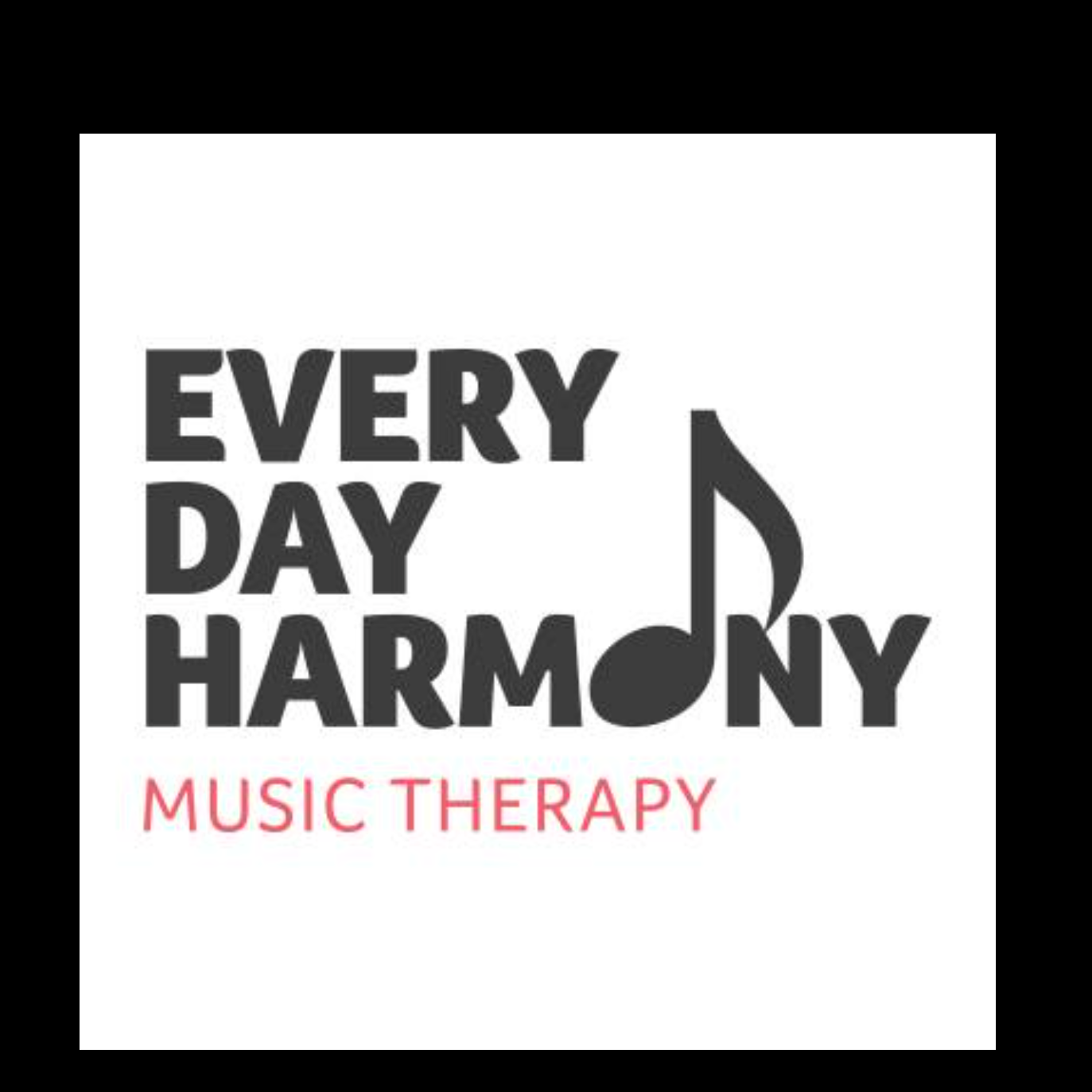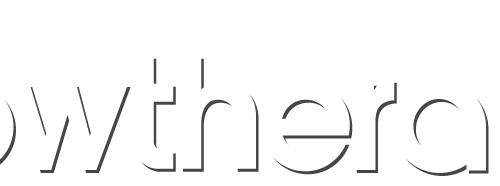The Majors and Minors of Music Therapy
*C MAJOR CHORD* “Hellooo, hellooo, it’s time to play some music today!”
Clapping my hands and singing a merry hello tune is how I have been starting my Friday mornings! Using Driscoll’s mode of reflective writing I shall explain just how I ended up shaking tambourines at 9am on a Friday morning

What?
When it came to picking my placement, I knew exactly what I wanted to do, music therapy! This is a career path I have wanted to pursue for a very long time and so was very excited about the prospect of gaining some relevant work experience in! As defined by the American Music Therapy Association (2005), music therapy is “the clinical and evidence-based use of music interventions to accomplish individualised goals within a therapeutic relationship by a credentialed professional”. Taking note of the importance that music therapy is practiced by a credentialed professional, this leads me to my first problem. Music therapy is, as the name suggests, a type of therapy, meaning I have found it very hard to gain experience, as clients (rightly so) don’t want a strange student prying into their therapy sessions. This limits my placement opportunities to music therapy within the physical disability sector as any student observation in a mental health environment is heavily frowned upon.
So, when going about getting myself a placement with a music therapist I had to do what so many musicians often must do and rely on a little bit of networking. I had no personal contacts but I knew my music psychology lecturer from last year, Trevor did. So, I emailed him asking if he could perhaps put in a good word for me with his connections. It turned out Trevor was well acquainted with a lady called Julie who is the music therapy practical supervisor at Every Day Harmony NI. This is a company that “provides music therapy to schools, private individuals, and all health trusts across Northern Ireland” (Every Day Harmony). Julie was able to set me up with a music therapist called Roisin who works in Orchardville day centre for adults with learning disabilities, on a Friday.

So what?
I was so excited to start this placement as it’s not only giving me a first-hand insight into the professional world of music therapy, but it’s also letting me gain relevant experience in a career I wish to pursue. Gaining experience now is essential to my master’s application for MSc music therapy which requires you to have “minimum one year of experience working in a caring profession” (www.qmu.ac.uk). This placement gives me not only essential experience required for the course, but also observation experience which will be great to talk about during my master’s interview.
Working with Every Day Harmony is also a great opportunity in terms of career progression as the company is actually the official Music Therapy Trust for Northern Ireland. Making these connections now will be so beneficial if I do decide music therapy is the career choice for me. Every Day Harmony have also just launched a new programme called the Leonard Pugh Bursary which “in memory of the late Leonard Pugh, OBE… will provide two Northern Ireland students with a bursary of £3,000 each towards the cost of a ‘Masters in Music Therapy’”. Having pre established connections puts me in with a better chance of receiving such things.
“Know where you want to go and make sure the right people know about it.”
~Meredith Mahoney (Forsey, 2019)
Now what?
Having got and began attending my placement, I’ve been given a valuable insight into what I am applying to spend the next few years of my life working towards. During my placement I get to observe the structure of sessions and have even begun to build some personal relationships myself with clients.
Some of the positives I have taken away are the joy a music therapist can bring with such small actions, an example I observed the last day was when Roisin was able to sing the client’s favourite song. Also, observing clients’ verbal cues and mental state improve in the short 2 months I’ve been there is really remarkable. Perhaps a little bit surprisingly for me, some of my favourite clients I’ve got to interact with have been non-verbal. They in a cliché sense demonstrate the well-known quote by Hans Christian Andersen “where words fail music speaks” (Classic FM). Interestingly, I have got to learn about the sensory as well as auditory forms of music therapy, one of my favourites is the use of the rain drum which seems to be a big hit (no pun intended) with most of the clients.
“Where words fail, music speaks”
Hans Christian Andersen
Conversely, I have also got to observe the negatives of this job. Perhaps the biggest thing that stands out for me is how isolating a job it can be. Often a music therapist travels around centres and homes alone, staying for only brief periods of time, unable to easily build up a relationship with co-workers. Another is the abuse they face, from both clients and staff/ guardians. I think in most jobs where you work with a client with disabilities, unfortunately abuse is almost inevitable, whether this be physical (biting, throwing, hitting) or verbal. However, an unexpected form of abuse I have noticed in my placement is what (very rarely) comes from the staff. Sometimes staff look down on a music therapist, seeing it as a waste of resources with so many budget cuts happening. Getting people to understand the importance of your work seems to be a big issue as a music therapist. Nevertheless, interacting with and observing these music therapy sessions has really been an enjoyable part of my week and makes me look forward to my Fridays spent shaking bells and swooshing scarves!
*D MAJOR CHORD* “Goodbye everyone, goodbye, it’s time to say goodbye! See you again in music!”
Bibliography
- American Music Therapy Association (2005). What is Music Therapy | What is Music Therapy? | American Music Therapy Association (AMTA). [online] Musictherapy.org. Available at: https://www.musictherapy.org/about/musictherapy/.
- Classic FM. (n.d.). Hans Christian Andersen. [online] Available at: https://www.classicfm.com/discover-music/latest/quotes-about-classical-music/andersen/#:~:text=Hans%20Christian%20Andersen%3A%20%22Where%20words%20fail%2C%20music%20speaks.%22 [Accessed 21 Nov. 2022].
- Every Day Harmony. (n.d.). Everyday Harmony – We change lives for the better using the power of music. [online] Available at: https://www.everydayharmony.org/.
- Forsey, C. (2019). 18 Quotes About Networking That’ll Help You Connect With People. [online] Hubspot.com. Available at: https://blog.hubspot.com/marketing/networking-quotes.
- Nursing Answers (2018). Driscoll Model of Reflection. [online] NursingAnswers.net. Available at: https://nursinganswers.net/reflective-guides/driscoll-model-of-reflection.php.
- www.qmu.ac.uk. (n.d.). MSc Music Therapy | Queen Margaret University. [online] Available at: https://www.qmu.ac.uk/study-here/postgraduate-study/2023/msc-music-therapy/ [Accessed 11 Nov. 2022].
You May Also Like

Working with a Production House
30 November 2022
Challenge Accepted Sir!
18 April 2023
